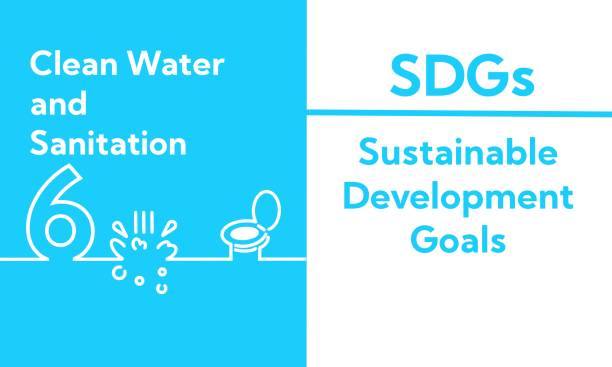By Asmau Ahmad
The Minister of Water Resources, Alhaji Suleiman Adamu, has expressed optimism that there is hope for Nigeria to achieve the Sustainable Development Goals (SDGs) 6 by 2030.
The SDGs are a collection of 17 interlinked global goals designed to be a blueprint to achieve a better and more sustainable future for all.
SDGs 6 is about ensuring availability and sustainability management of water and sanitation for all by 2030.
Speaking in an interview with the News Agency of Nigeria (NAN) in New York, Adamu said it would be difficult to achieve the SDGs 6 if the state governments failed to double their efforts to invest in that sector.
“But there’s a lot of work to be done to be honest and the work is the challenge we’re operating the federal system.
“Some states are ruled not by the governing party. So, even if it’s a party manifesto, some states are not part of it and they have their priorities, different individual governments have individual priorities.
“We have WASH National Outcome Routine Mapping (WASHNORM) Survey to monitor progress on the SDG 6 targets. Some states are doing well while most others are not.
“We have seen improvements from sharing that information and some states really don’t seem to care but we’ll keep pushing,” he said.
The minister said the three tiers of government needed to triple the current investment in the sector to achieve the SDGs targets by 2030.
“This is expected to help in bridging the investment gap in meeting the SDG 6 targets and creating a self-sustaining, climate friendly, and gender centric cycle of economic growth and human development.’’
According to him, from the 2022 Report, the Sanitation Economy and Menstrual Hygiene Marketplace in Nigeria is estimated at US$6.9 billion in 2021, with the potential to grow to US$14.3 billion by 2030.
“These can generate positive, measurable social, economic and environmental impact alongside promising financial returns as Nigeria engages in shaping the market, building exciting partnerships and harnessing the investment opportunities.
“There are a lot of opportunities in the sector but there has to be stimulus from government. We are not saying all these money will be spent by Government.
“We are talking about joint investment between three tiers of government.”
The minister further said that issues of water and sanitation are the prerogative of the State Governments, urging them to invest more in the provision of potable water and basic sanitation to their citizens.
“Look at statistics; if you should go by the Sustainable Development target, less than 10 per cent of our schools and health institutions have adequate water and sanitation and hygiene facility.
“It’s terrible and the population keeps rising quickly so we need to triple our investment in the WASH sector,” he said.




